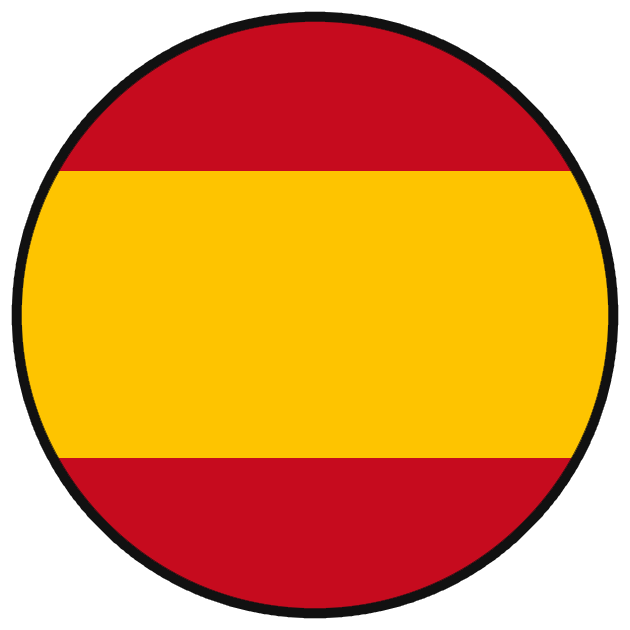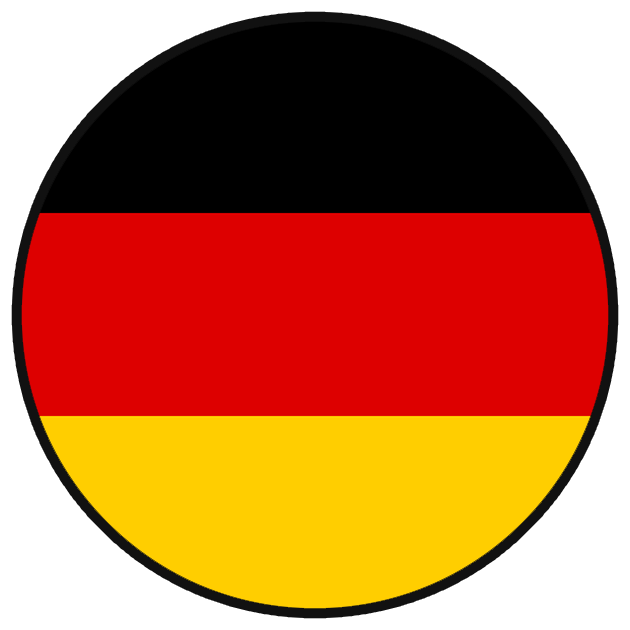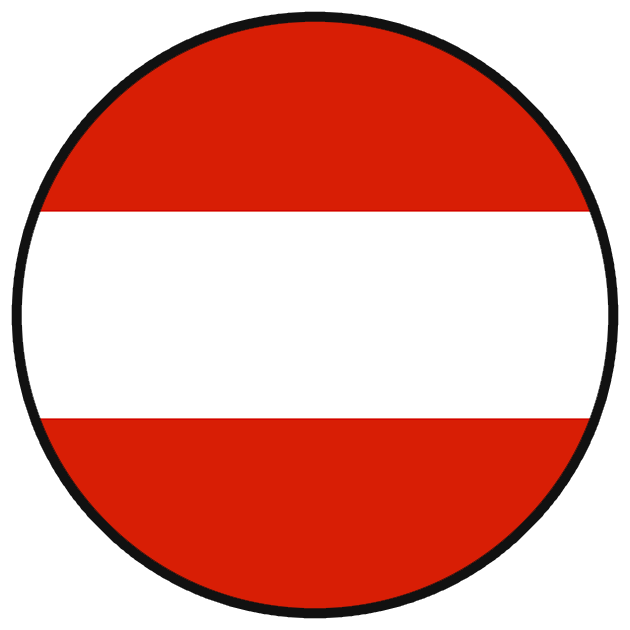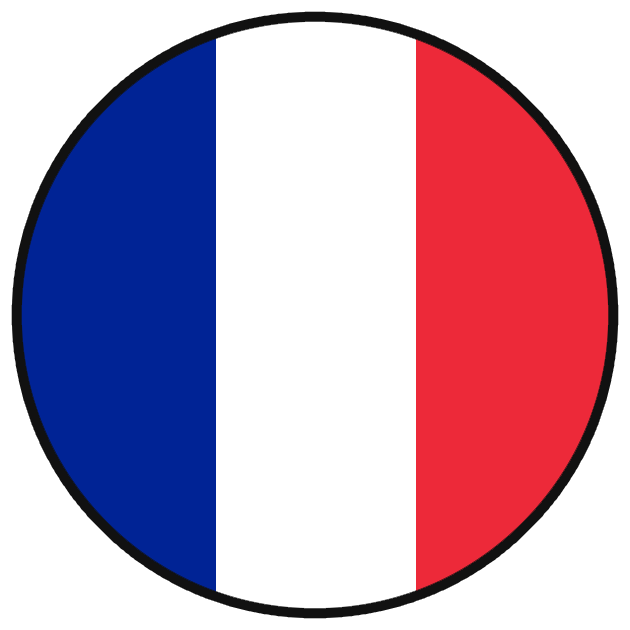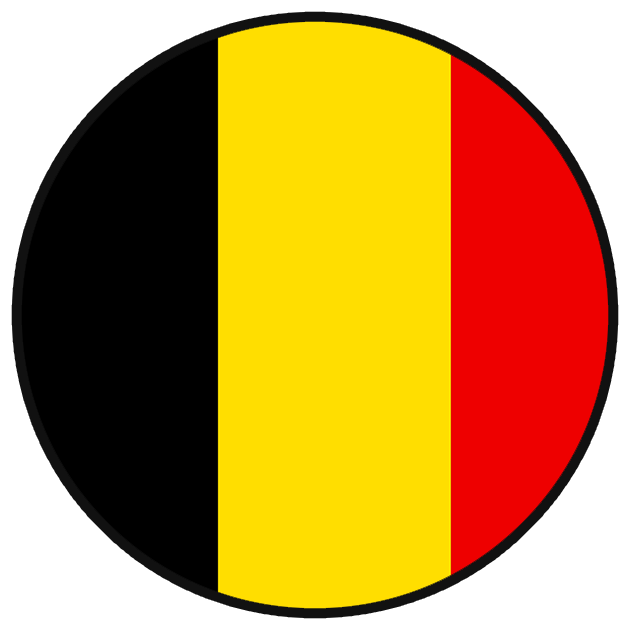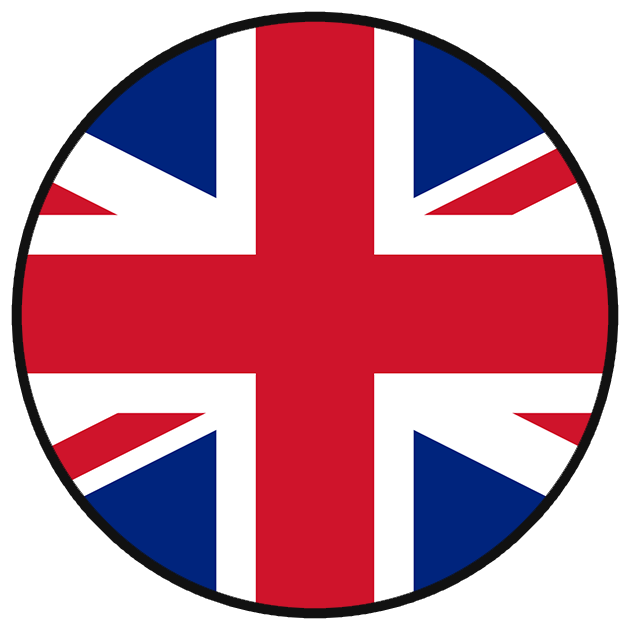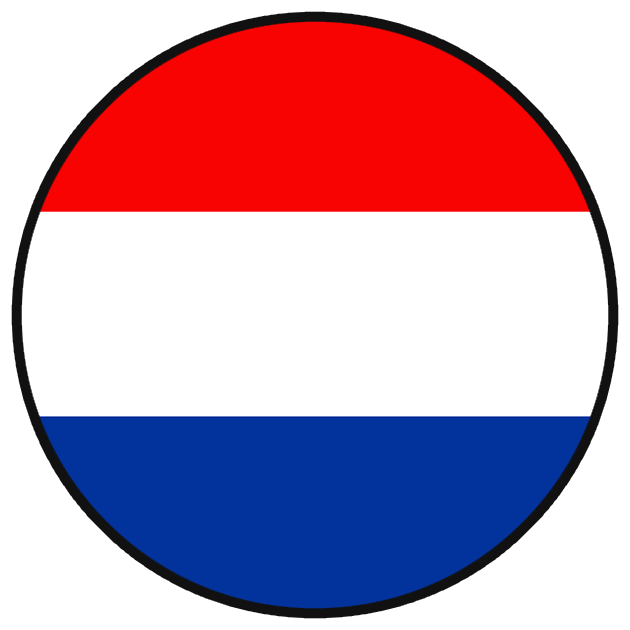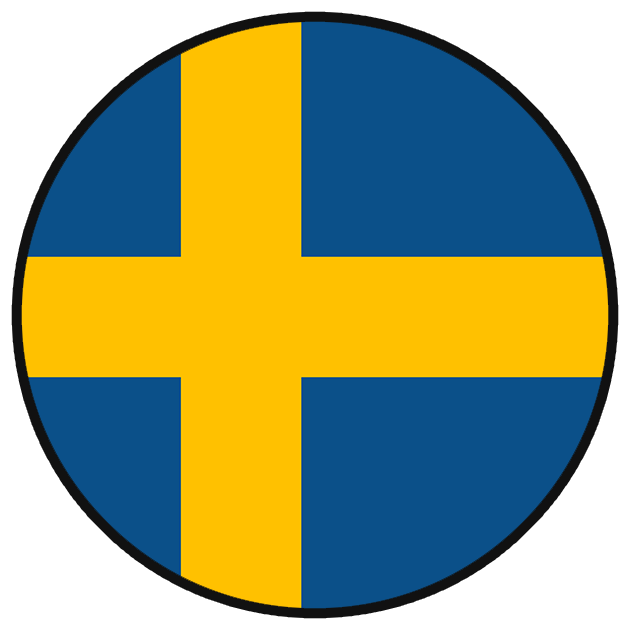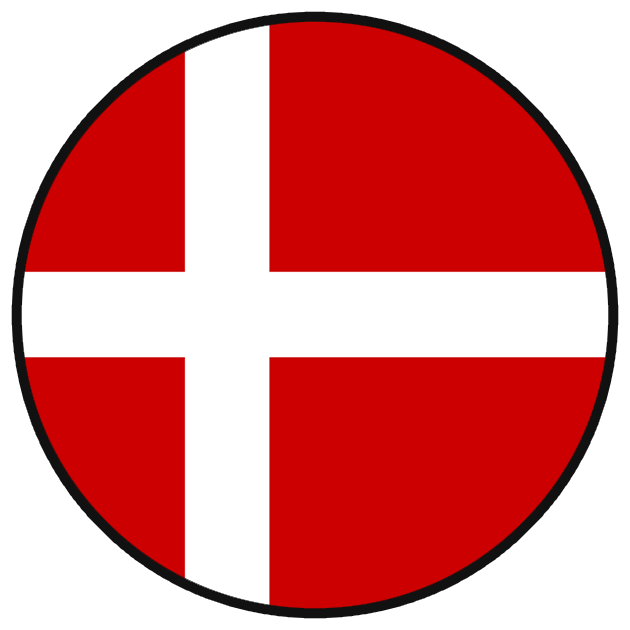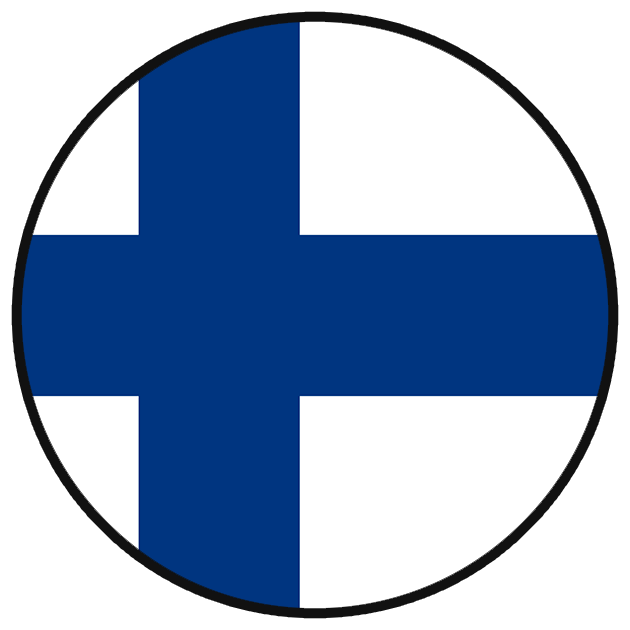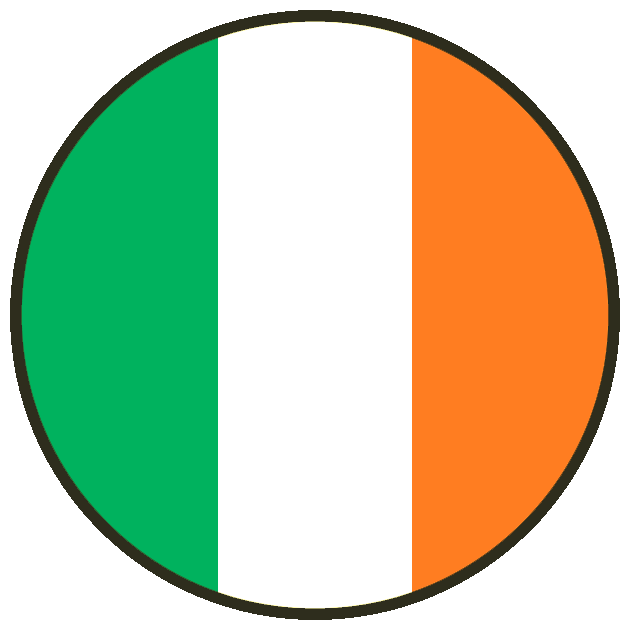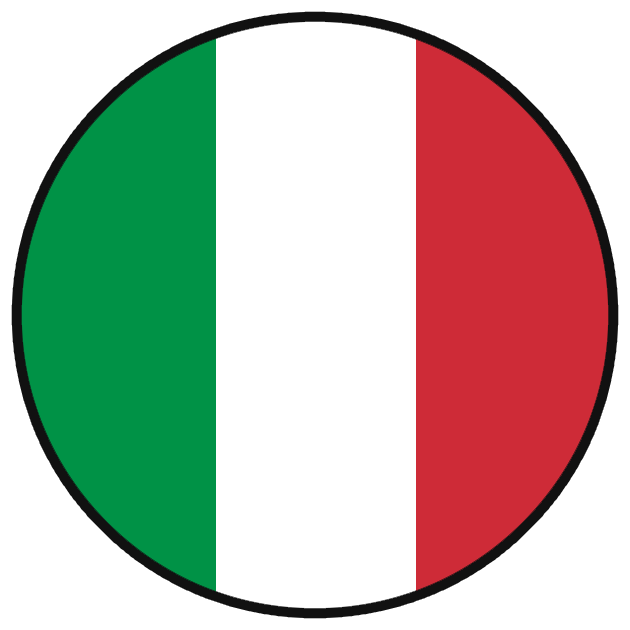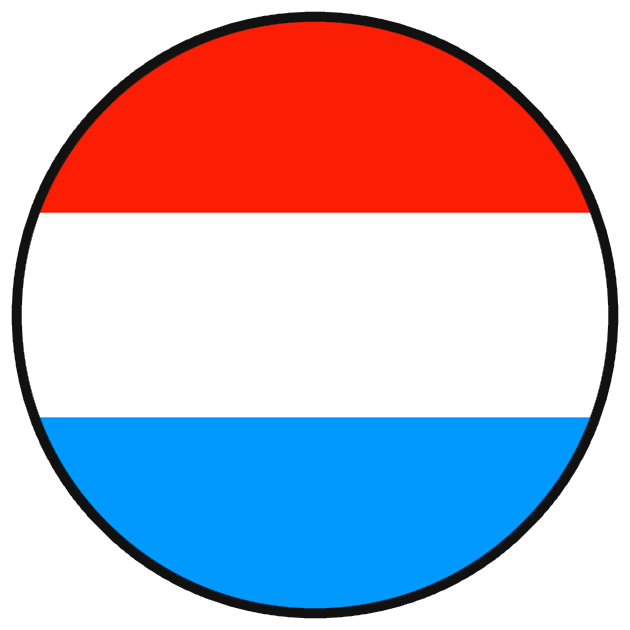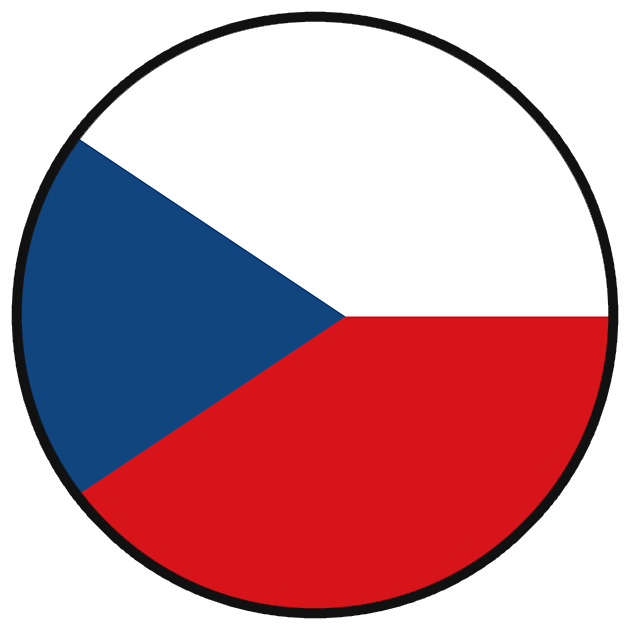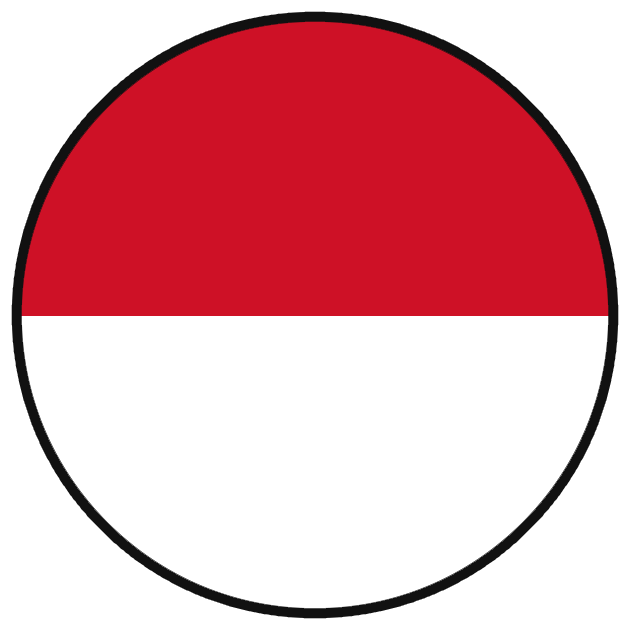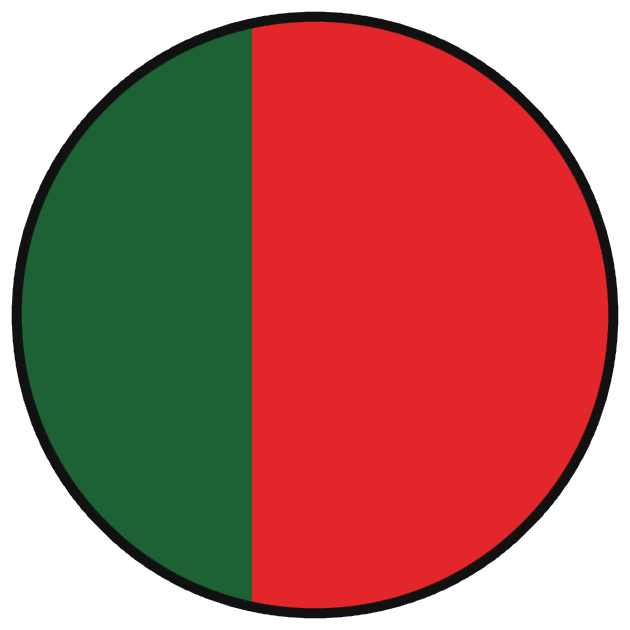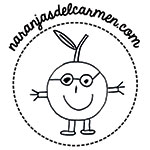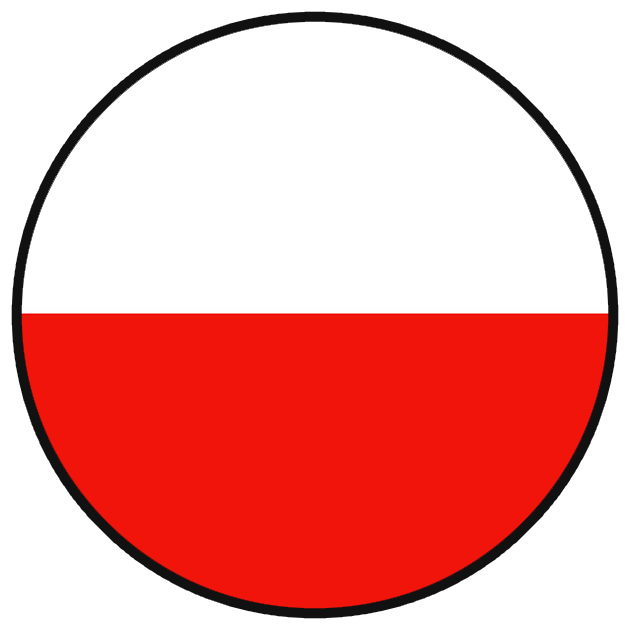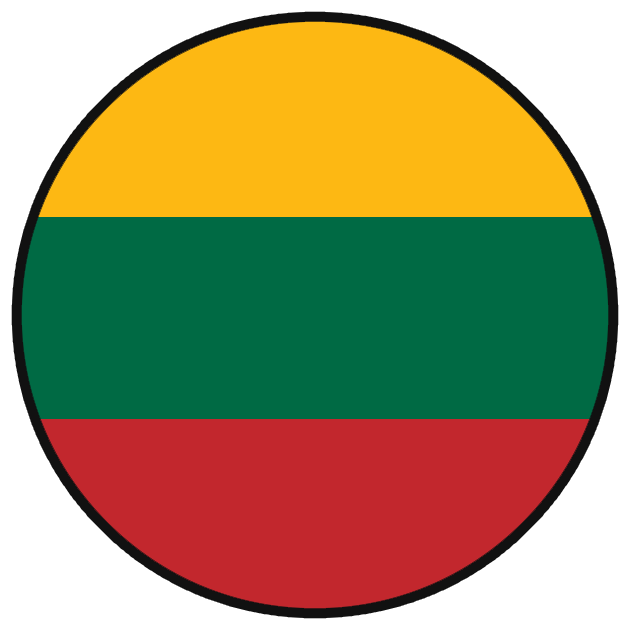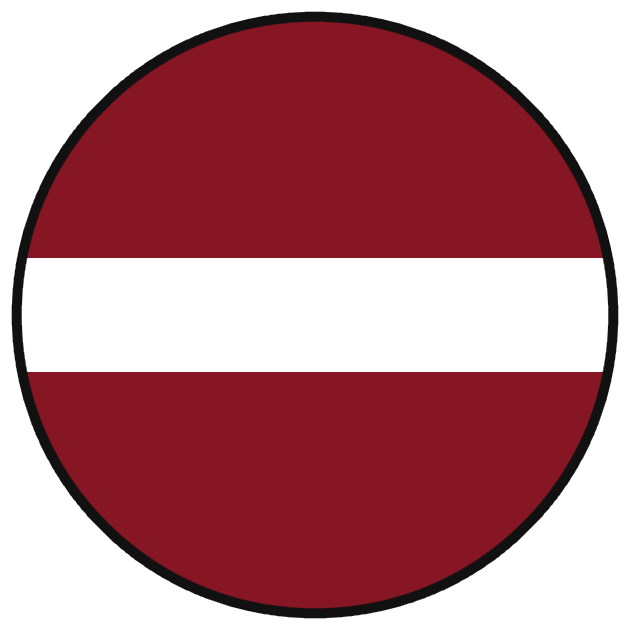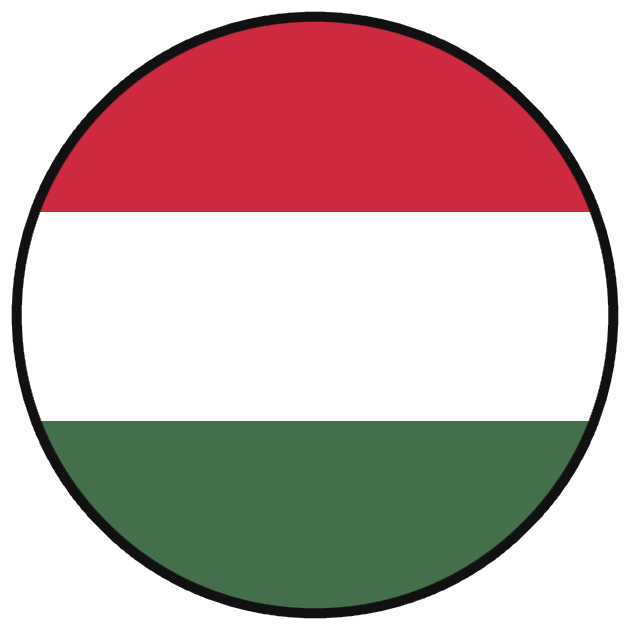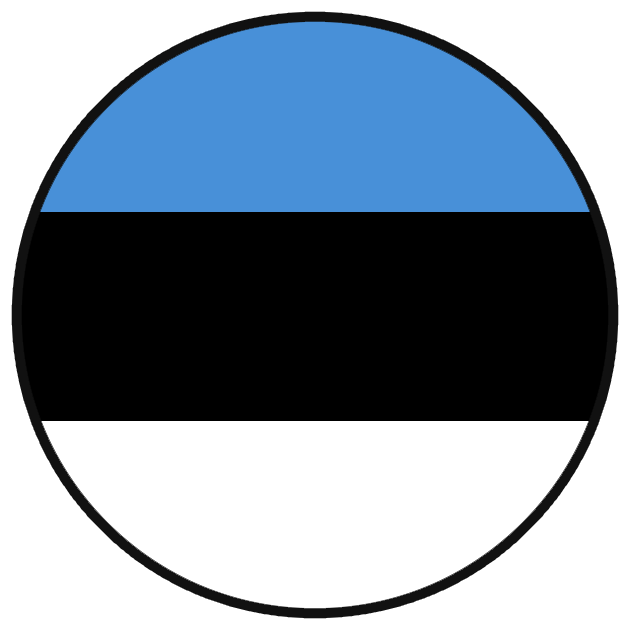How was Crowdfarming® born?
When Gabriel and Gonzalo Úrculo decided to continue to run the orange plantation of their grandfather and to dedicate their life to agriculture, they were shocked as they learned about the amount of oranges that are thrown away along the conventional food supply chain. Hence, they started to think about the perfect supply chain able to solve this problem.
“Let’s imagine that every one of us has his or her own orange tree in their kitchen and that we pick every morning only two or three oranges to prepare a fresh orange juice. If we were further able to organize our consumption in a way that we were can eat all of the fruits this tree produces, we would have found the perfect supply chain. No single fruit would end in the rubbish bin.
However, we had to realize relatively fast that our customers cannot plant their own tree in their kitchen. So we had to find another solution. What if we gave them the opportunity to plant a tree in their name in our fields and thereby kept all of the advantages mentionned aboved? And this is when Crowdfarming® was born.”
What exactly does Crowdfarming® mean?
We give people from all over Europe the opportunity to plant their own orange tree on our fields in Valencia. We, the farmers, take care of it and make sure that it has everything it needs to produce delicious oranges. The orange tree owners can order their oranges during the season whenever they want. In return, they pay us a fix price for the maintenance of the tree.
In our new food supply chain, the role of the farmer has completely changed. We do not own the harvest anymore and do not speculate with the prices. In other words: We do not risk our job every year because we do not know for how much we can sell the oranges. Thanks to Crowdfarming® our plantation has been turned into the orchard of our customers.
What are the advantages of Crowdfarming®?
- Supply and demand are in balance: We only plant the trees on behalf of the people that will consume its fruits.
- We only harvest what is ordered: The orange tree owners use their trees as natural pantry. We only pick and harvest their oranges when they order them via their garden. As it takes around five years until their tree produces its own fruits, in this time, we reserve the fruits of our already grown trees for them.
- We accept and respect that fruits grow seasonally: We only harvest oranges when they are ripe – not earlier and not later. Our oranges are never stored.
- We do not sort any fruits out that do not comply with a certain beauty standard: We do not care about their size or whether their skin has a scratch. For us, however, it is crucial that the fruits are fresh and delicious and not treated with any preservative or substance to make them more beautiful.
What are the advantages for our environment?
The fight against food waste has not only humanitarian advantages, but is also important for our environment. Every year, we throw away almost one third of the entire food production. This means, that we force our soil to produce far more that we need. Hence, we also spend too many resources such as water, oil or fertilizer.
 By creating a new and more efficient food supply chain, we do not only want to do something against food waste, but also reduce the pollution of our air resulting out of the transportation. What can we do to solve this problem? Reducing the time and amount of kilometers the oranges have to travel. Consequently, the same day the fruits are picked, they are sent to their owner’s homes. They only have to pay the logistical costs for picking, packing and sending the oranges. Luckily, Valencia is located on the seaside and has one of Europe’s most important harbours, where products arrive that are later distributed all over Europe. Therefore, we send our oranges every day overland together with other goods in trucks to perfectly use the space.
By creating a new and more efficient food supply chain, we do not only want to do something against food waste, but also reduce the pollution of our air resulting out of the transportation. What can we do to solve this problem? Reducing the time and amount of kilometers the oranges have to travel. Consequently, the same day the fruits are picked, they are sent to their owner’s homes. They only have to pay the logistical costs for picking, packing and sending the oranges. Luckily, Valencia is located on the seaside and has one of Europe’s most important harbours, where products arrive that are later distributed all over Europe. Therefore, we send our oranges every day overland together with other goods in trucks to perfectly use the space.
Furthermore, it is scientifically shown that online shopping is more environmentally friendly as the Co2 emissions are reduced by reducing the way the products have to travel: What produces more emissions? 100 cars that individually drive to a supermarket or 1 transport vehicle that delivers the purchase to 100 households and thereby bundles the single trips?
We know that we are still at the beginning with our agricultural revolution but we are sure that there is a great adventure ahead of us. If you want to learn more or if you want to plant your own tree, please click here.





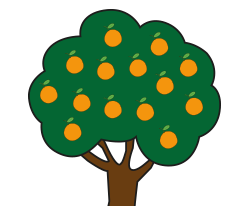 My account
My account 


